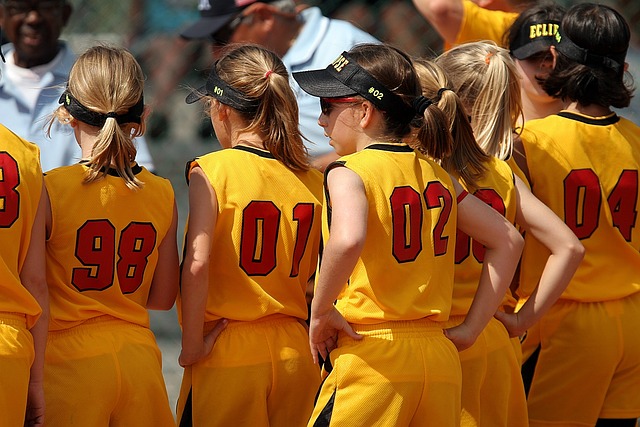How to Help Your Child Make Friends at School
By: Student.Health
Be Patient and Supportive
If your child is struggling to make friends, it’s important to be patient and supportive. It may take time for your child to feel comfortable opening up and developing relationships with other children. Showing them that you understand their feelings and are there to help them can go a long way in making them feel more secure in themselves and their abilities. Letting them know that they don’t have to “fit in” or try too hard can also give them the confidence they need.
Encourage Positive Interactions With Others
Encouraging positive interactions with others is essential when helping your child make friends at school. Modeling appropriate social behavior, such as smiling, saying hello, introducing yourself, shaking hands, and exchanging pleasantries can give your child the skills they need to start building relationships with other children. Additionally, teaching your child how to properly interact with adults can help them feel more confident around teachers and other authority figures which will also help them make connections with their peers easier.
Create Opportunities for Social Engagement
Creating opportunities for social engagement will also help your child develop friendships at school. This could include setting up playdates or attending after-school clubs or activities together so that they have more chances to meet new people and develop relationships with those around them. You could also introduce them to some of their classmates outside of school by inviting a few kids over for dinner or going on group outings such as movies or bowling nights. These experiences will provide an opportunity for your child to get comfortable speaking in front of others and interacting with new people while still having the support system of being around familiar faces like family members or classmates they already know from school.
Making friends is an essential part of childhood development, but it isn’t always easy for children who are struggling socially. Fortunately, by following these tips you can provide guidance and support as well as create opportunities for social engagement that will give your child the tools they need to successfully make friends at school. With patience and understanding from both parents and teachers alike, children who struggle socially can learn how best interact positively with others in order to build meaningful friendships that will last beyond the classroom environment into adulthood.



